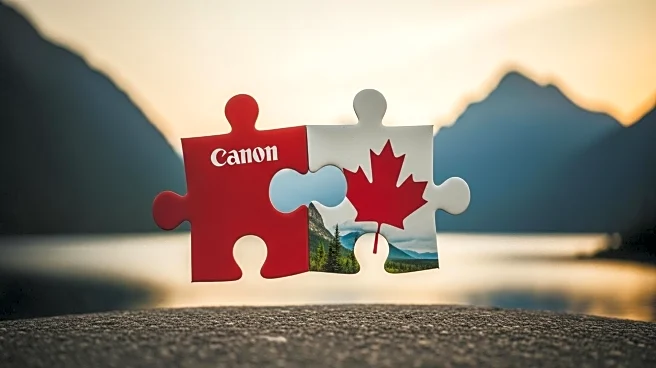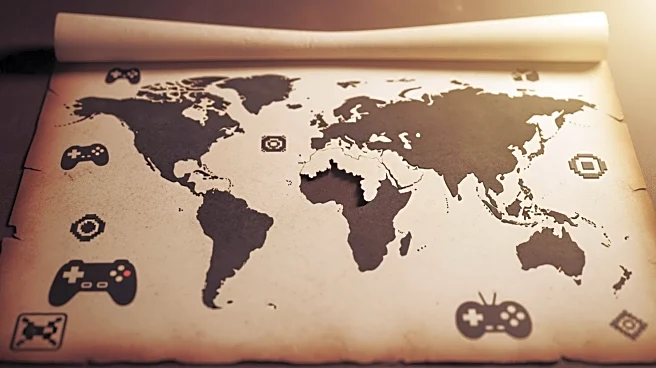What's Happening?
On September 17, 2025, the shíshálh Nation and School District 46 in British Columbia held a graduation ceremony to honor survivors of the Indian Residential School system. This event marked a significant moment of acknowledgment and healing for survivors, who were awarded high school graduation certificates. The ceremony was part of broader efforts to recognize the truth shared by survivors about the abuse and trauma experienced in these schools. The event coincides with the National Day for Truth and Reconciliation and Orange Shirt Day on September 30, a day dedicated to honoring the strength and advocacy of survivors and intergenerational survivors of the Indian Residential School system. The integration of curriculum around Indian Residential Schools in B.C. since 2013 means that the 2026 high school graduates will be the first cohort to have a comprehensive understanding of Indigenous perspectives, cultures, and histories.
Why It's Important?
The graduation ceremony and the integration of Indigenous perspectives into the curriculum represent important steps toward reconciliation in Canada. These efforts aim to educate future generations about the historical injustices faced by Indigenous peoples and foster a more inclusive and empathetic society. By acknowledging the past and honoring survivors, communities can work towards healing and building a better future. The ceremony also serves as a reminder of the ongoing work needed to address the legacy of the Indian Residential School system and promote anti-racism and antibullying efforts. The recognition of survivors and the education of young people are crucial in ensuring that the mistakes of the past are not repeated and that Indigenous voices are heard and respected.
What's Next?
As British Columbia continues to integrate Indigenous perspectives into education, there will likely be further initiatives aimed at reconciliation and healing. The province may see more events and programs designed to honor survivors and educate the public about the history and impact of the Indian Residential School system. Additionally, support services for former Residential School students and those affected are available, providing emotional and crisis referral services. The ongoing commitment to truth and reconciliation will require continued collaboration between Indigenous communities, government agencies, and educational institutions to ensure that the voices of survivors are heard and their experiences are acknowledged.
Beyond the Headlines
The efforts in British Columbia highlight the broader cultural and ethical dimensions of reconciliation. By integrating Indigenous perspectives into education, the province is taking steps to address historical injustices and promote a more inclusive society. This approach not only honors the experiences of survivors but also challenges denial and fosters empathy and understanding. The recognition of survivors and the education of young people are essential in building a future where Indigenous voices are respected and valued. The ceremony and curriculum changes represent a commitment to acknowledging the past and working towards a more equitable and just society.









